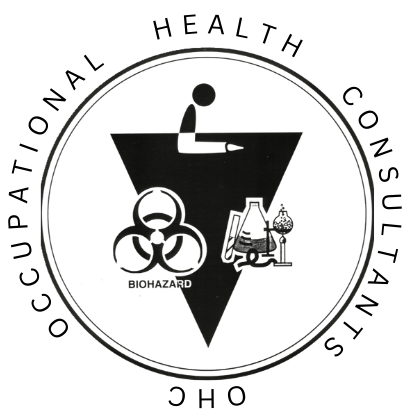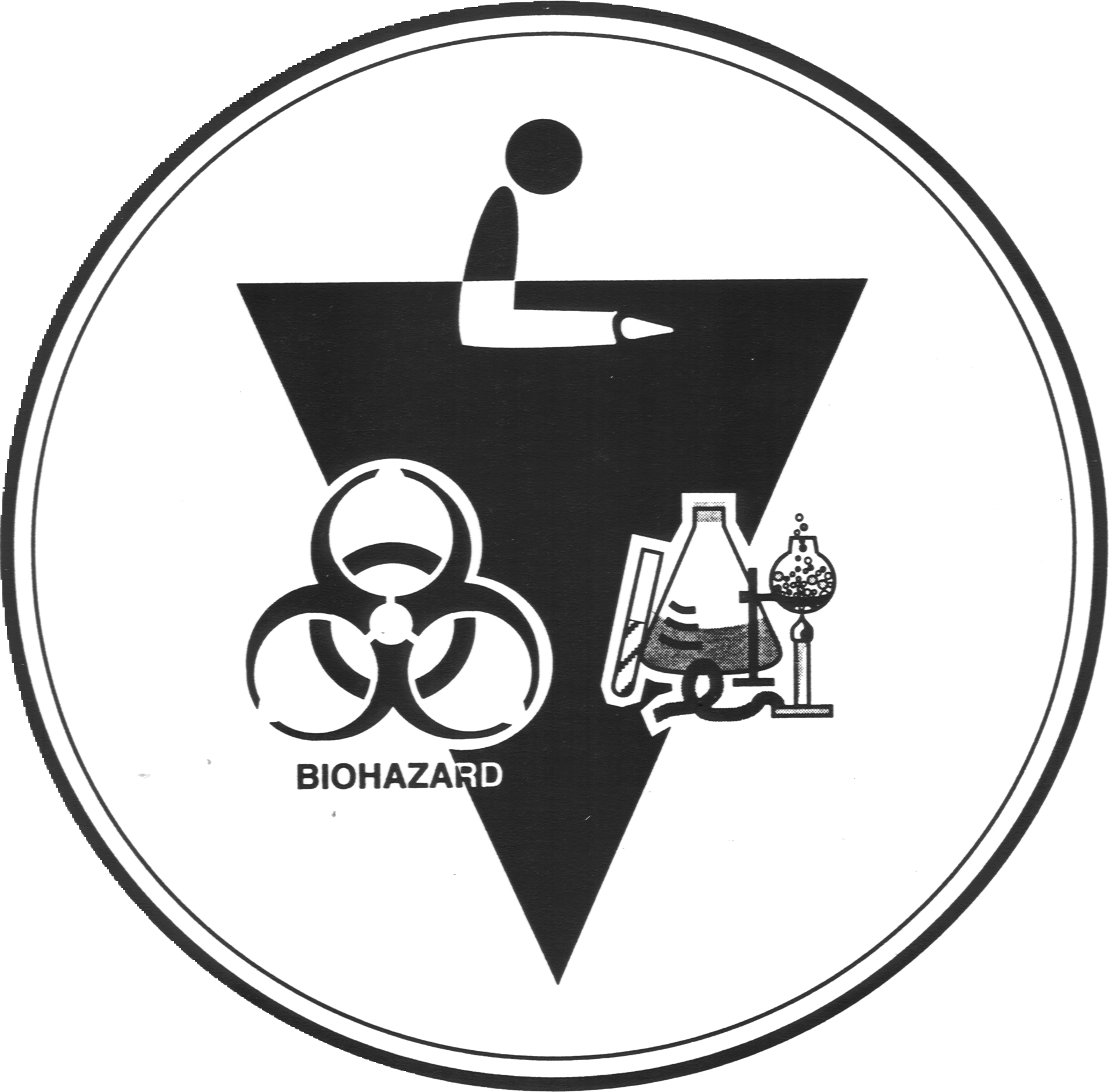Urinary incontinence is a common yet often undiscussed condition that affects millions of people worldwide. It can significantly impact one’s quality of life, causing embarrassment, discomfort, and social isolation. However, identifying the underlying cause of urinary incontinence is crucial for effective management and treatment. In this blog post, we’ll delve into the importance of testing for the causes of urinary incontinence and explore the various diagnostic methods available.
Understanding Urinary Incontinence
Urinary incontinence refers to the involuntary loss of urine, ranging from occasional leaks to complete loss of bladder control. It can occur due to various factors, including weakened pelvic floor muscles, nerve damage, hormonal changes, and underlying medical conditions such as urinary tract infections, diabetes, or neurological disorders. Many patients struggle to understand what does incontinence mean.
Testing for Causes
When addressing urinary incontinence, healthcare professionals often begin with a comprehensive assessment to determine the underlying cause. This evaluation may include:
- Medical History: Gathering information about a person’s medical history, including any previous surgeries, childbirths, medications, or existing health conditions, can provide valuable insights into potential causes of urinary incontinence.
- Physical Examination: A physical examination, including a pelvic exam for women and a digital rectal exam for men, may help identify anatomical abnormalities, such as prolapse or enlargement of the prostate gland.
- Urinalysis: Analyzing a urine sample can detect signs of infection, blood, or other abnormalities that may contribute to urinary incontinence.
- Bladder Diary: Keeping a bladder diary, where individuals record their fluid intake, urination frequency, and episodes of incontinence, can help healthcare providers understand patterns and triggers of urinary leakage.
- Neurological Tests: In cases where neurological conditions are suspected, such as multiple sclerosis or spinal cord injuries, neurological tests like electromyography (EMG) or nerve conduction studies may be conducted to assess nerve function.
- Imaging Tests: Imaging studies such as ultrasound, cystoscopy, or urodynamic testing may be recommended to evaluate the structure and function of the urinary tract, bladder, and surrounding organs.
Finding Solutions
Once the underlying cause of urinary incontinence is identified, appropriate treatment options can be explored. These may include:
- Lifestyle Modifications: Implementing lifestyle changes such as managing fluid intake, maintaining a healthy weight, and performing pelvic floor exercises (Kegels) can help improve bladder control.
- Medications: Certain medications may be prescribed to alleviate symptoms of urinary incontinence, such as anticholinergics to relax bladder muscles or topical estrogen therapy for postmenopausal women.
- Physical Therapy: Pelvic floor physical therapy, including biofeedback techniques and electrical stimulation, can strengthen pelvic floor muscles and improve bladder control.
- Surgical Interventions: In cases where conservative measures are ineffective, surgical procedures like sling placement for stress incontinence or bladder augmentation for overactive bladder may be considered.
- Urinary incontinence devices to strengthen the pelvic floor
Understanding Urinary Incontinence
Testing for the causes of urinary incontinence is an essential step in effectively managing this condition. By accurately diagnosing the underlying factors contributing to urinary leakage, healthcare providers can tailor treatment strategies to address individual needs, ultimately improving quality of life and restoring bladder control for those affected by this common condition. If you’re experiencing symptoms of urinary incontinence, don’t hesitate to seek medical evaluation and support from a qualified healthcare professional.

